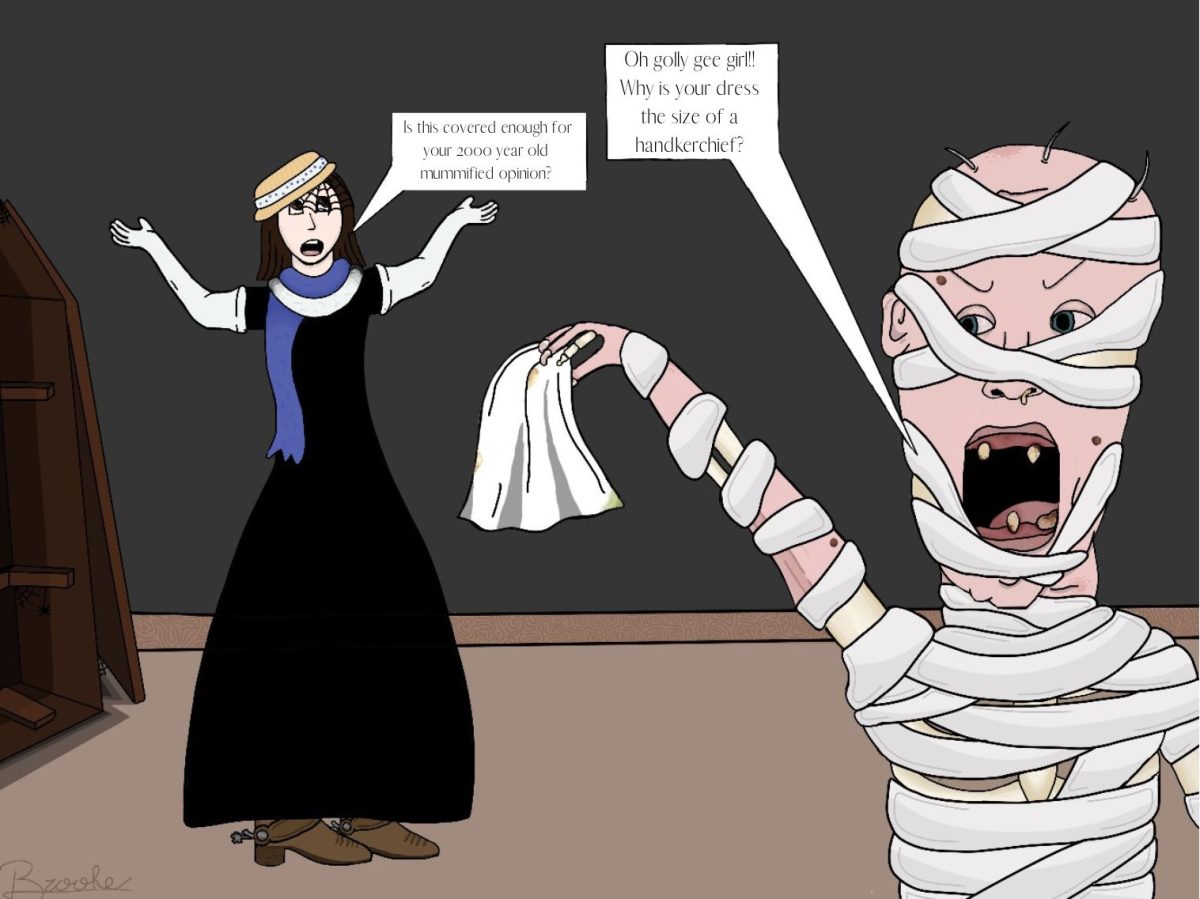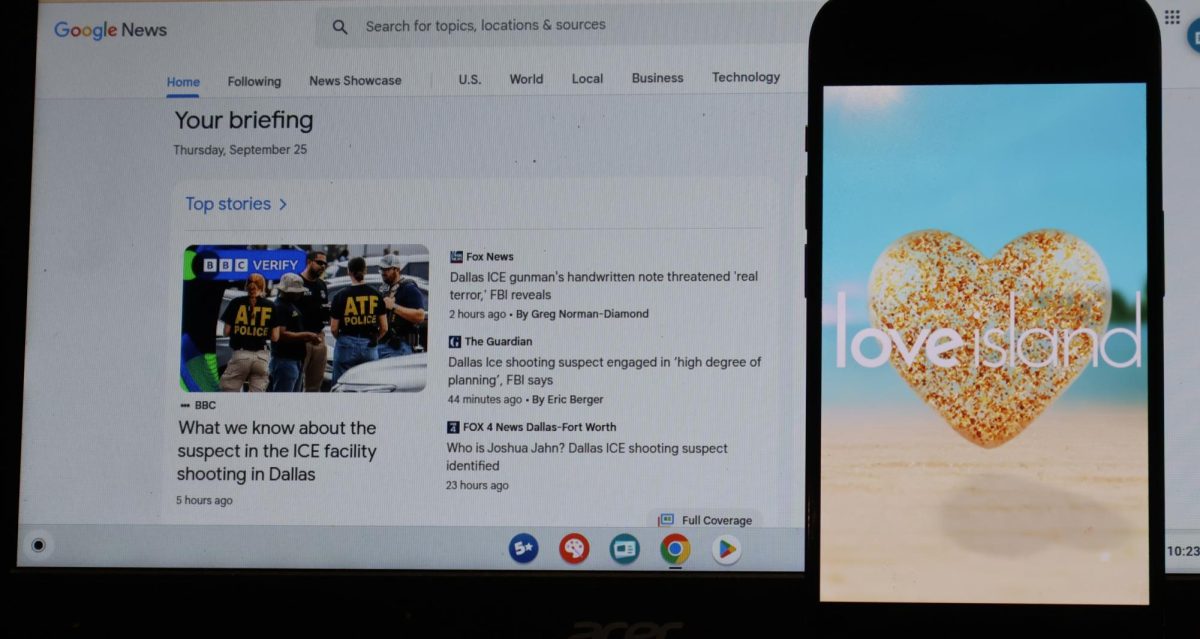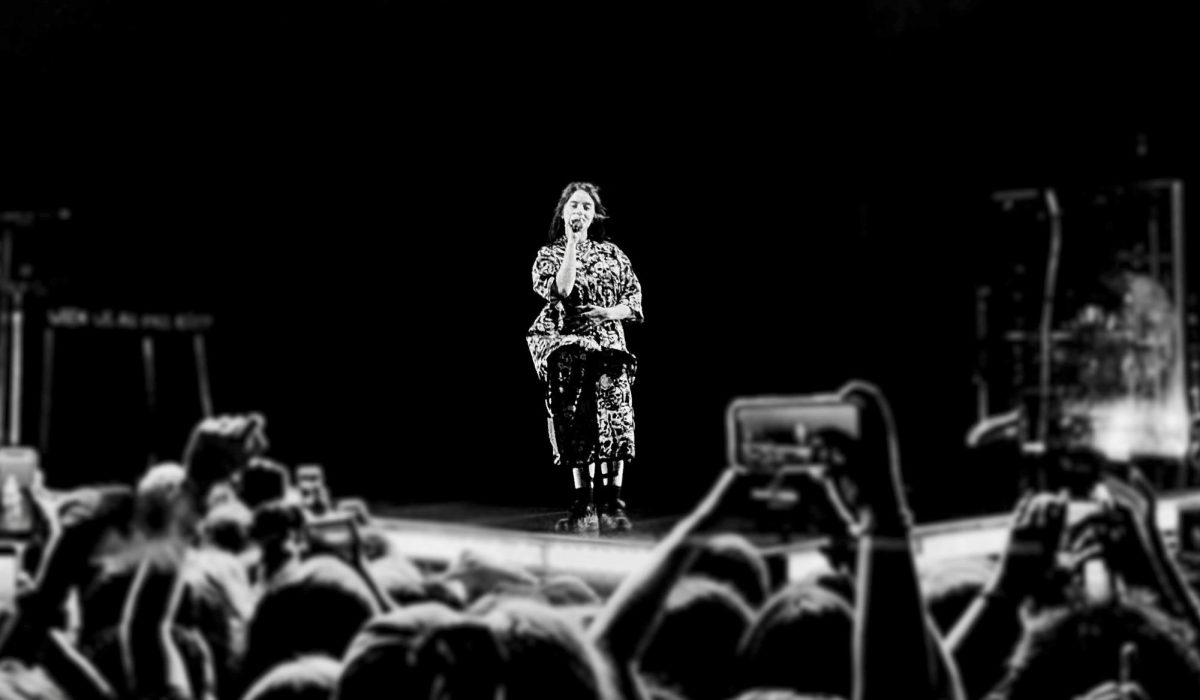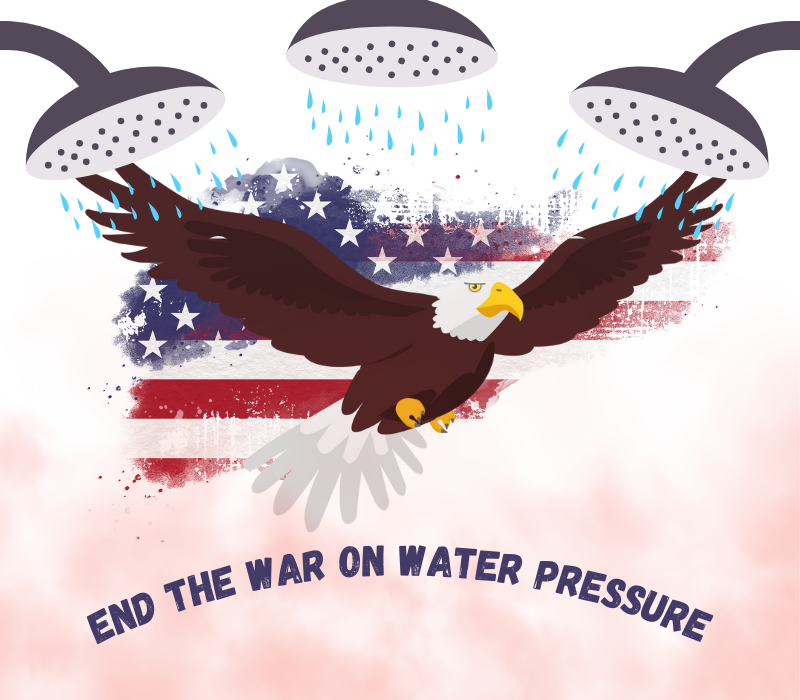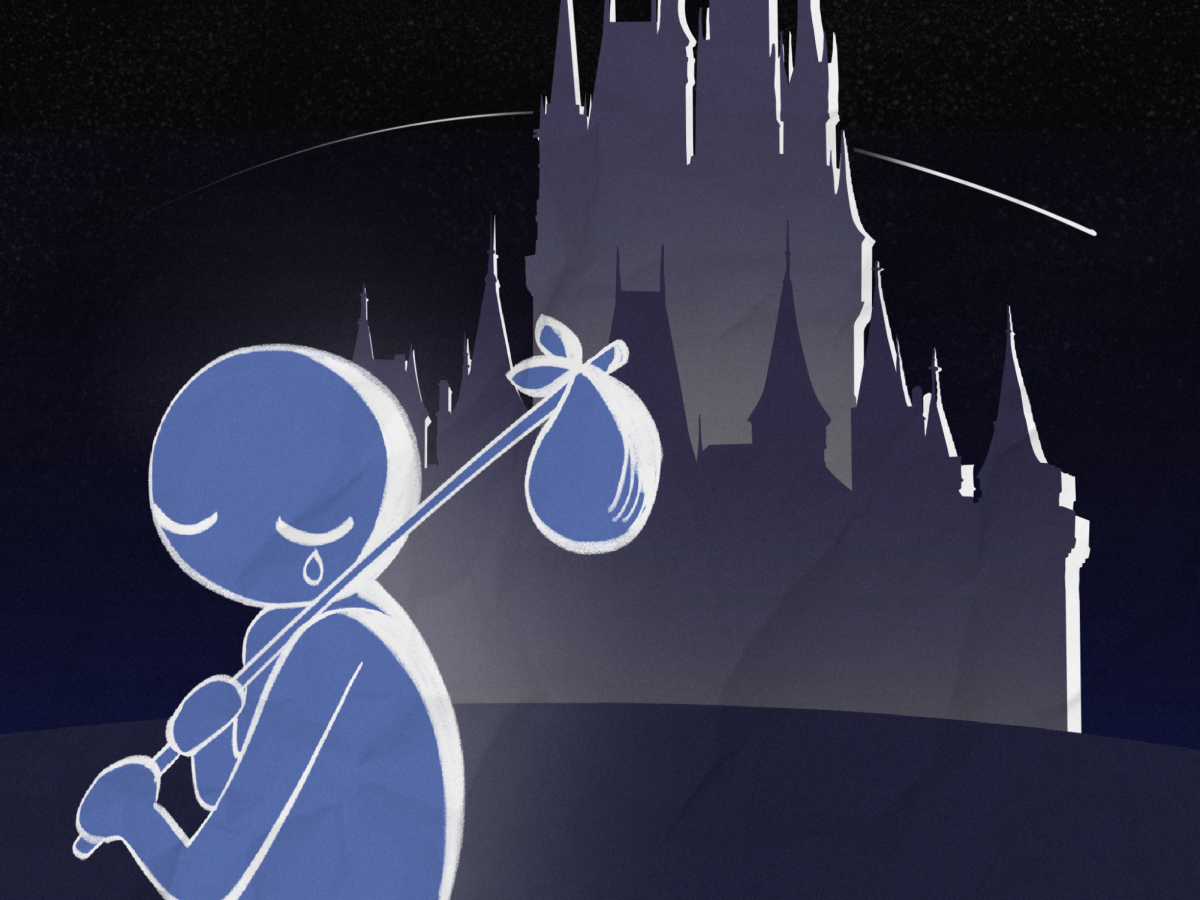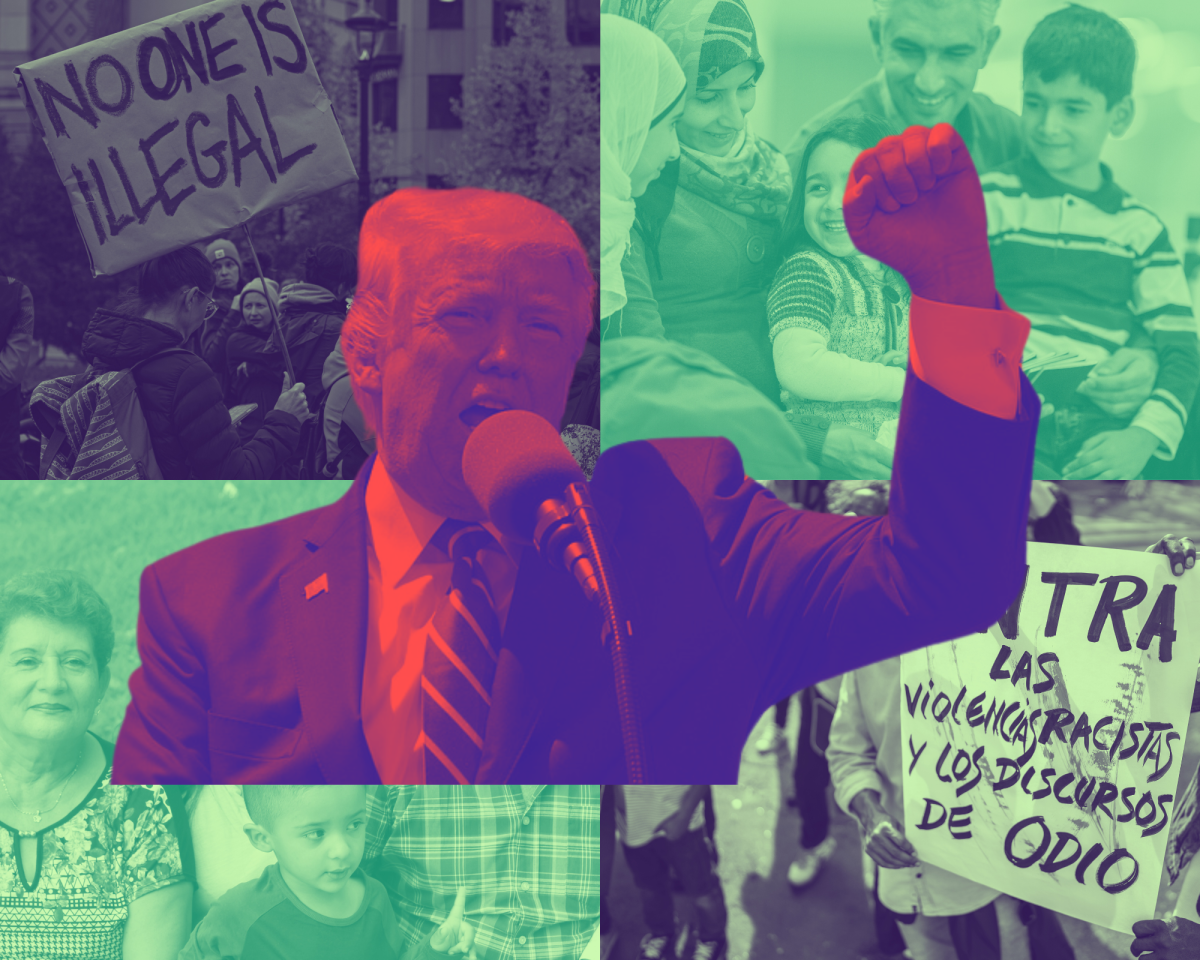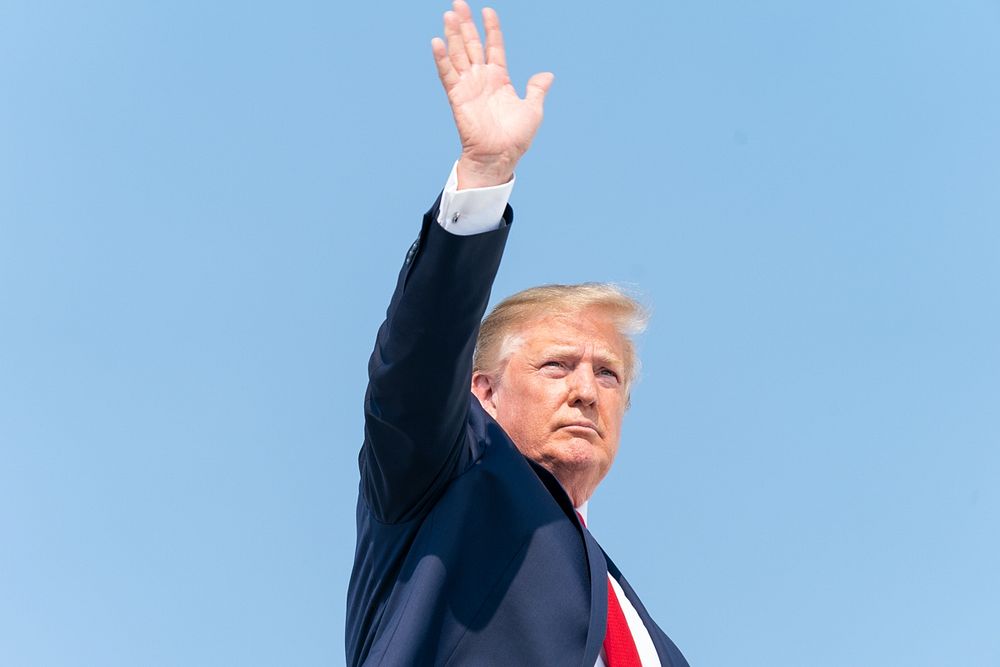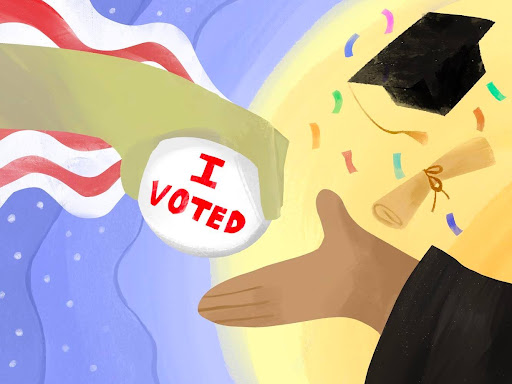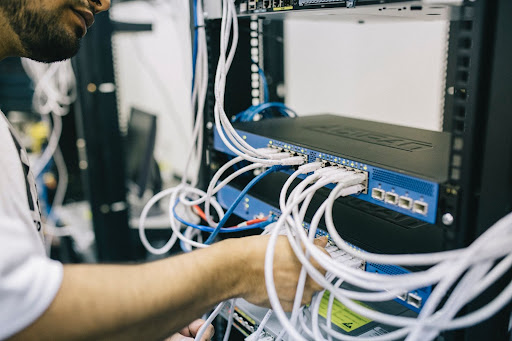At what point is murder excusable? That’s the question that’s been on America’s mind since December, when UnitedHealthcare CEO Brian Thompson was shot to death in midtown Manhattan. Interpreted as a protest against the abysmal healthcare industry, many who have been betrayed by their health insurance have voiced their support–and even celebration– over Thompson’s death.
There’s no denying that being in healthcare debt has become a sign of being a true American. In the days following the murder, hundreds of stories flooded social media about health insurance companies— UnitedHealthcare in particular— denying vital treatment. Multiple reports concluded that the UnitedHealth Group has rejected the most claims out of all major providers, although the company attempted to fight back with their own fact sheet. With some insurance providers being proven to have denial rates of over 49 percent, it isn’t surprising that many Americans feel disdain towards the industry as a whole, where coverage that you’d expect to get can be unexpectedly dismissed, and your promise of affordable care thrown aside.
The primary suspect of Thompson’s murder is Luigi Mangione, a 26-year old Ivy League graduate who had previously suffered from chronic back pain before undergoing a spinal fusion surgery in 2023. Mangione has been hailed as a hero by Americans all over the country, sparking memes and merchandise that glorify the alleged killer as a saint. The support for him even culminated in an anonymous crowdfunding campaign that garnered over $130,000 in support of his constitutional right to fair, legal representation in the court of law.
His alleged crime has even sparked a surge of active in-person protests that spanned across the entire nation; a woman was arrested in Florida after being denied a medical claim on the phone and threatening her health insurer by saying “Delay, deny, depose. You people are next.” This is explicitly in reference to the words Mangione allegedly scribbled on the shell casing of the bullets he used at the scene of the crime. Las Vegas even had its own vandalizer—the UnitedHealthcare building was spray painted with the phrase “Deny, depose, defend.” It’s evident that even though Mangione took away the father of two young children, he is heralded by Americans as a hero of the working class and a savior to us all.
Unfortunately, being heralded by Americans as a hero of the working class should not be the case. Mangione being turned into the heartthrob killer that people on social media lust after is not the cure-all solution that will suddenly turn the industry into something that works for all people. The death of a single CEO is also not the turning point that will incentivize every insurance company to approve every claim, or provide full coverage for all members. However, the sudden surge of favor for Mangione’s actions is finally waking us up to the monopolistic despotism of the healthcare system, and has sparked discussions online about what to do next.
Making real, viable change within the healthcare system requires a collective effort, thoughtful policymaking, and peaceful activism—not inane bloodshed. The media should highlight not the violence of Mangione’s crime, nor obsess over every aspect of his case, but instead uplift the people who are working to make a change. Instead of calling for the take down of every CEO on the planet, we should instead push our anger into tangible efforts that will take down the barriers preventing people from getting the care they deserve.

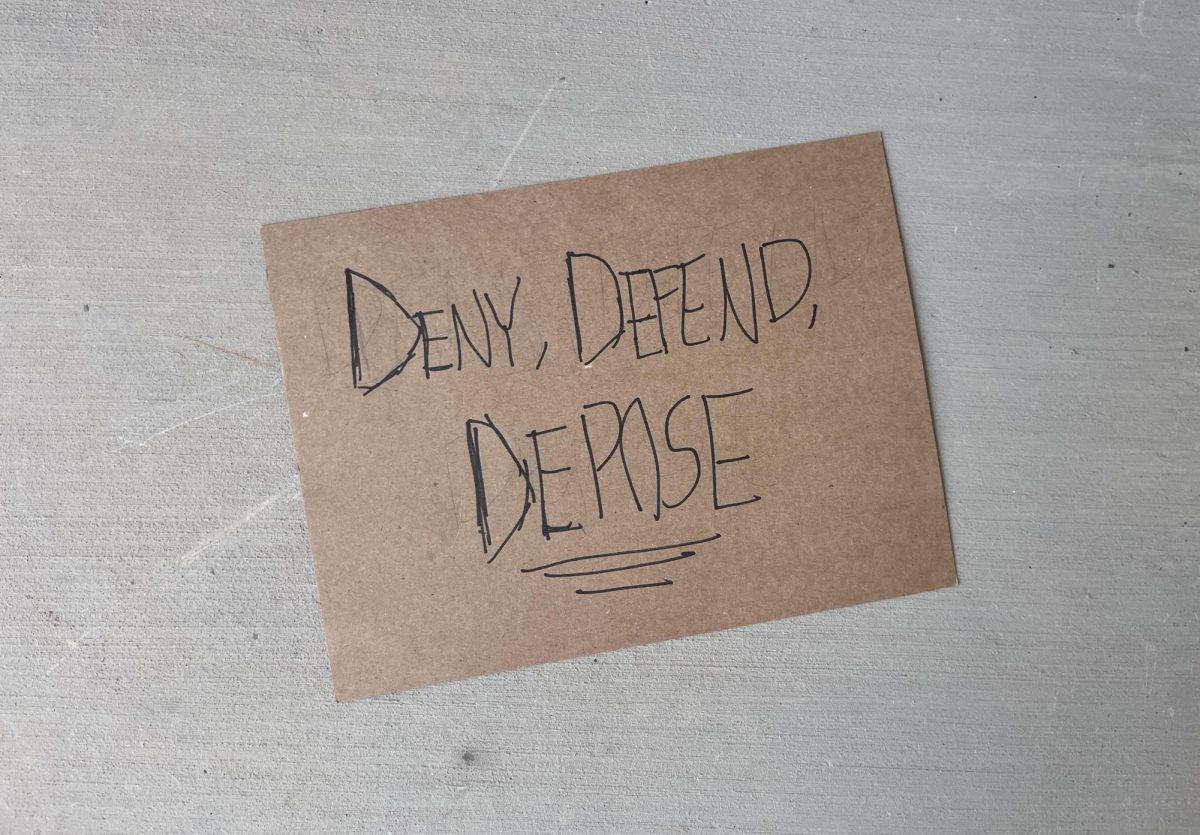



![Swaying and preparing to toss the tennis ball, Dylan Grove practices serving. Grove had been training in preparation for her upcoming matches against Chaparral and Doral Red Rock. “[Both teams are] both very tough opponents, but I am ready for whatever gets thrown my way,” Grove said.](https://southwestshadow.com/wp-content/uploads/2025/10/image-1200x900.png)
![Practicing the basic skills of nursing, sophomore Natalia Yancey gets her heartbeat checked with a stethoscope. Sophomore nursing students reviewed skills from freshman year. “I’ve always wanted to be in the medical field; it’s been my dream forever,” Yancey said. “Doing [practice skills] so early on is not only an amazing opportunity, but it helps me to prepare for my future.”](https://southwestshadow.com/wp-content/uploads/2025/10/IMG_9843-1200x800.jpg)
